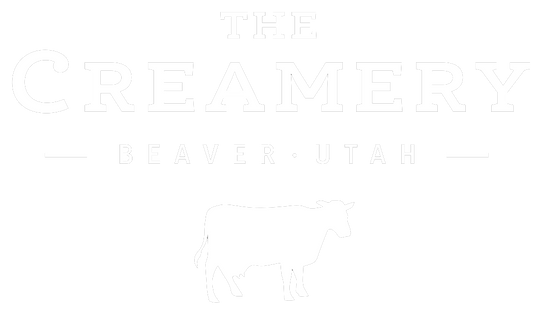In the grocery store or on TV, there’s been lot of advertising around promoting “a sustainably produced product.” When you think of the phrase “sustainably produced” — or more specifically “sustainability” — what terms come to mind.
Renewable? Natural? Biodegradable? Regenerative? Green Energy?
On the surface these terms are not very transparent. But once you dive into the techniques behind the terms, they can easily be used to describe the basic practices that our family farm-owners at Dairy Farmers of America (DFA) implement every day on their farms.
DFA is a cooperative of local family farmers from across the country. As a Cooperative, we are owned and governed by the family farmers we passionately serve.
Our farmers-owners commit their lives to feeding the world. They care for their herd 365 days a year and produce real, fresh, high-quality dairy for families around the world to enjoy. They also take pride in caring for the land. From regenerative agriculture practices to implementing new technologies, they continue to innovate to help their farms run more sustainably and efficiently.
So, what is sustainability? And how does it apply to dairy farming?
The term sustainability has many facets. When applied to family-owned dairy farms it includes building healthy soil, preventing soil erosion, managing water wisely, minimizing air and water pollution, storing or reusing carbon, and promoting biodiversity, all with the intent of being responsible stewards of the land through farm management.
Actually, there’s a word for the science of managing farms as ecosystems — agroecology. Farmers work with nature to avoid damaging the environment while maintaining their farm’s productivity. To do this, our dairy farmer owners embrace many different practices that have been proven in effectively achieving sustainability goals, especially when used in combination.
One approach to sustainability on farm is to promote maintenance or improve the overall health of the soil. Farmers do this through the establishment of a soil management program. This can include crop rotations, cover crops, minimum or no till, vegetable buffers and more. These techniques are used on several of our local family farms.
Many farmers also embrace renewed or energy-efficient resources within their dairy operations. These practices can include recycling water in various uses around the farm; generating electricity through wind, solar, geothermal technology or a digester system; utilizing energy-efficient technology for lighting, ventilation and more; or repurposing biomaterial such as silage, haylage or manure.
Within the farm ecosystem, many of these different practices come together in day-to-day tasks to create an ecological farm management program that results in a sustainably produced product. And, as the world population grows and the need for healthy, high-quality food across the country continues to rise, our farmers will continue to feed families using innovative and sustainable practices on the family farm.





